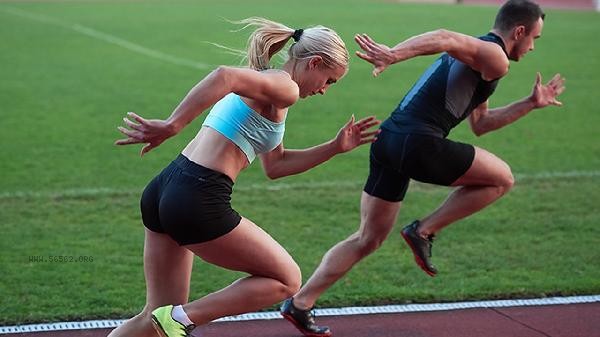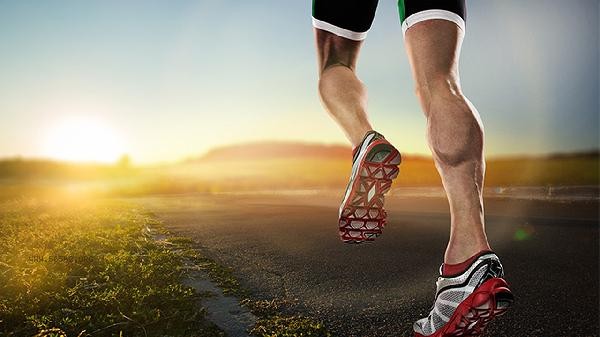The foods suitable for eating during running and fitness mainly include high-quality protein, complex carbohydrates, healthy fats, high water vegetables and fruits, and mineral rich foods.

1. High quality protein
Muscle fibers need to be repaired after running, and moderate intake of high-quality protein can help promote muscle synthesis. Chicken breast has low fat content and high protein absorption rate. Unsaturated fatty acids found in fish such as salmon can reduce post exercise inflammation. Eggs provide a complete amino acid profile, and whey protein powder can be used as a convenient supplement. Be careful to avoid protein sources that are fried or overly processed.
2. Compound Carbohydrates
Slow carbon foods such as whole wheat bread and oats can continuously release energy and maintain endurance performance during running. Eating 1-2 hours before exercise can increase glycogen reserves, and consuming protein after exercise can help with recovery. Sweet potatoes and quinoa are rich in B vitamins, which help with energy metabolism. Avoid refined sugar to prevent blood sugar fluctuations.
III. Healthy Fats
Avocados and nuts provide monounsaturated fatty acids, supporting joint lubrication and cell membrane repair. Flaxseed contains omega-3 fatty acids that can reduce muscle soreness after exercise, and olive oil is suitable for cold dressing supplementation. Daily intake should be controlled at 20-30 grams, as high-temperature cooking can damage nutrients.

4. High moisture vegetables and fruits
broccoli and spinach are rich in vitamin K and iron, which can improve oxidative stress after exercise. Bananas have high potassium content to prevent electrolyte imbalance, while watermelons have sufficient moisture and citrulline content to help alleviate fatigue. It is recommended to choose dark vegetables and low sugar fruits to avoid excessive intake of free sugars in fruit juice.
5. Mineral rich foods
Exercise and sweating can lead to mineral loss. Cashew nuts and dark chocolate supplemented with magnesium can reduce the probability of cramps. Zinc in oysters and red meat helps with testosterone synthesis. Kelp contains iodine to maintain thyroid function and regulate basal metabolic rate. Individuals with renal dysfunction need to control their intake of high potassium foods.

The diet before and after running should be adjusted according to the training intensity, and it is better to supplement carbohydrates and electrolytes within 30 minutes after high-intensity training. Keep drinking small amounts of water multiple times in daily life to avoid eating large amounts at once, which can increase the burden on the gastrointestinal tract. Long term runners can undergo regular blood routine and trace element testing to adjust their dietary structure in a timely manner. Individuals with special physical conditions or chronic diseases should consult a nutritionist to develop personalized plans.







Comments (0)
Leave a Comment
No comments yet
Be the first to share your thoughts!